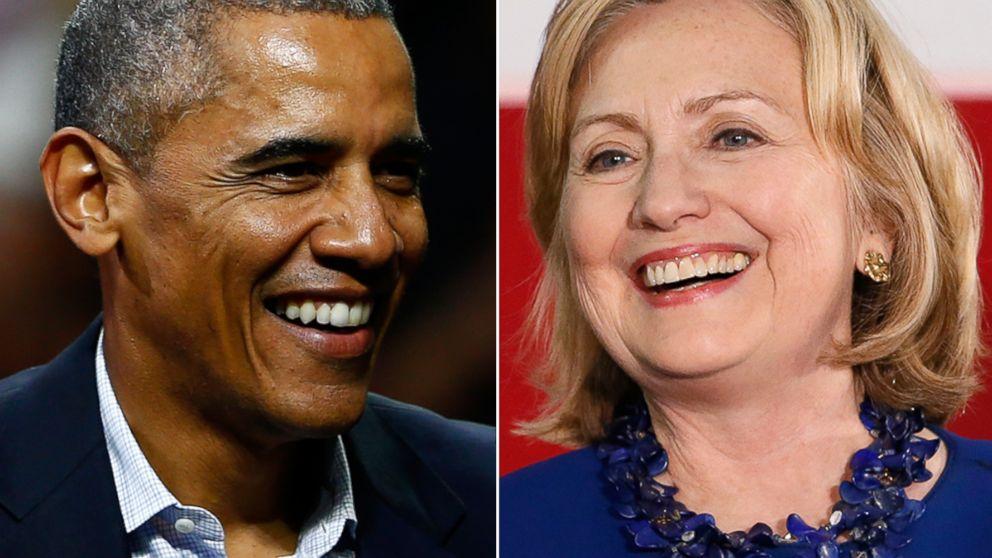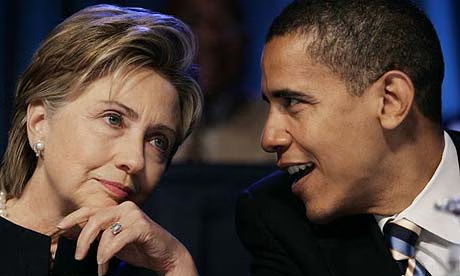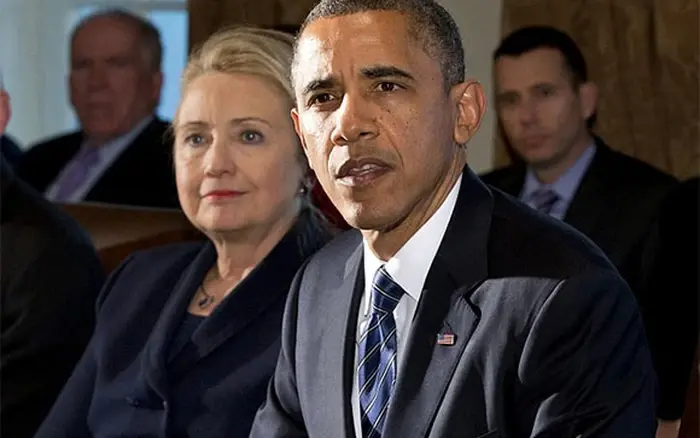A bombshell revelation has rocked the political landscape as newly declassified texts and emails, allegedly showing coordination between the Obama administration and Hillary Clinton’s 2016 campaign, have gone viral, sparking widespread outrage and calls for legal accountability. Released on August 16, 2025, by Director of National Intelligence Tulsi Gabbard, these documents stem from the “Crossfire Hurricane” investigation, initially tied to the debunked Trump-Russia collusion narrative. The disclosures, detailed in a memo and amplified by Real Clear Investigations reporter Paul Sperry, suggest that senior Obama officials and Clinton aides collaborated to push false allegations linking Donald Trump to Russia, prompting a firestorm on social media with demands for jail time echoing across platforms like X.

The declassified memo, dated December 2016, reveals that U.S. intelligence agencies concluded Russia did not significantly influence Trump’s victory over Clinton, contradicting earlier claims promoted by the Obama administration. Sperry’s post on X, which garnered millions of views, alleges “damning text messages and emails” showing direct coordination between Clinton’s campaign, the Obama White House, the National Security Council, the State Department, and intelligence officials to smear Trump with unfounded Russia ties in July 2016. This strategy, reportedly approved by Clinton, aimed to distract from her private email server scandal, which had dogged her campaign. The memo explicitly states that “Russian and criminal actors did not impact recent US election results by conducting malicious cyber activities,” undermining the narrative that Russia altered the election outcome.

Public reaction has been swift and polarized. Conservative figures, including Trump himself, have seized on the disclosures as vindication of his long-standing claim that the Russia investigation was a “hoax.” On August 1, 2025, Trump told reporters, “I hope so,” when asked if Clinton would face investigation for election fraud, reigniting his 2016 campaign rallying cry of “lock her up.” Posts on X, such as one from @TheStormRedux on August 14, 2025, allege that Obama’s Deputy Attorney General Sally Yates instructed FBI agents to “shut down” a Clinton Foundation corruption probe, further fueling accusations of a cover-up. Hashtags like #JailHillary and #ObamaGate have trended, with users demanding criminal charges for what they call a “treasonous conspiracy.”
Critics, however, urge caution. A New York Times report on August 1, 2025, citing a Durham investigation annex, suggests that key emails implicating Clinton may have been fabricated by Russian spies, casting doubt on their authenticity. Obama’s spokesman, Patrick Rodenbush, dismissed the allegations as “ridiculous” and a “weak attempt at distraction,” emphasizing that the 2017 intelligence assessment confirmed Russia’s attempts to influence the election, though without altering the outcome. Democrats, including Sen. Mark Warner, have accused Gabbard of politicizing intelligence, pointing to her shift from Democrat to Trump ally as evidence of bias. They argue the documents are being selectively used to stoke division ahead of the 2025 election cycle.
The controversy has reignited scrutiny of the 2016 election, with legal experts debating whether the alleged coordination constitutes criminal activity. The Durham report, referenced by Sen. Chuck Grassley, suggests the FBI failed to adequately investigate Clinton’s role in promoting the Steele dossier, a now-discredited document central to the Russia narrative. While no charges have been filed, the Democracy Restored group filed an ethics complaint against Clinton with the Arkansas Bar Association on August 21, 2025, citing violations of professional conduct. Legal scholar Gregg Jarrett speculated that figures like former FBI Director James Comey and CIA Director John Brennan could face investigations, though concrete evidence of criminality remains elusive.
The fallout has intensified political divides. Conservative outlets like Fox News frame the disclosures as evidence of a “deep state” plot, while mainstream media caution against overhyping unverified claims. On X, sentiments range from calls for justice to accusations of partisan witch-hunting. The lack of definitive proof has not quelled public anger, with millions viewing the texts as a betrayal of democratic principles. As Washington braces for potential legal battles, the saga underscores the enduring volatility of the 2016 election and its lingering impact on American politics, with the specter of accountability looming large.






